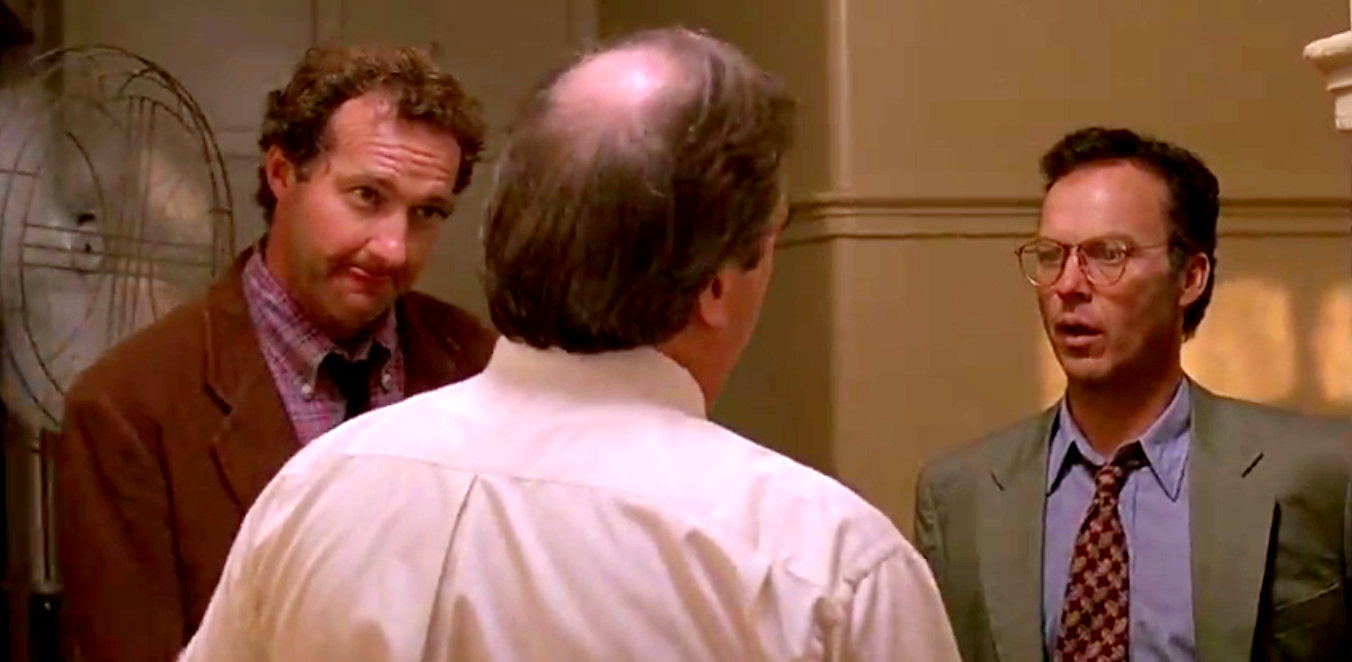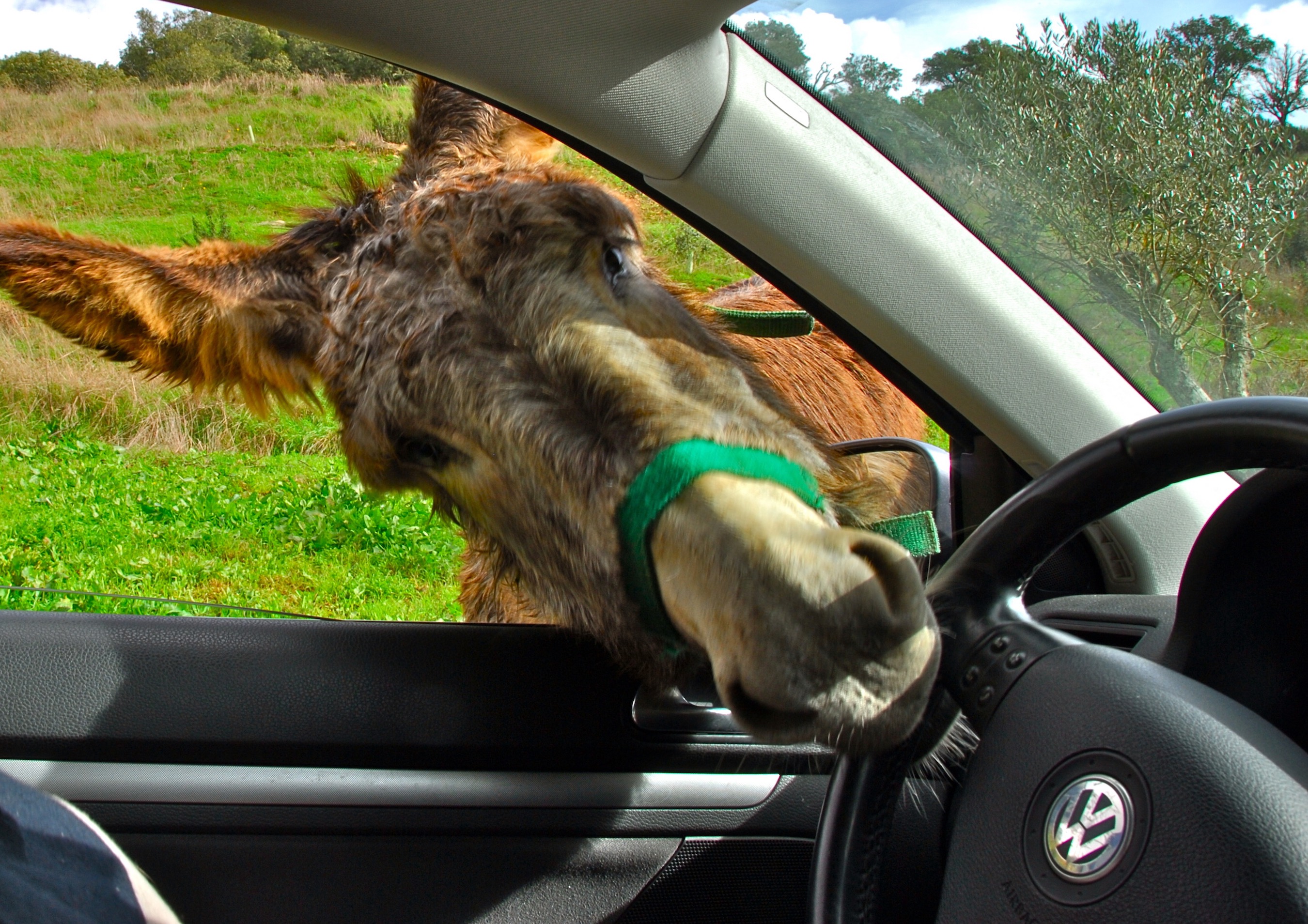When starting to write last night’s commentary on the upheaval at the New Republic, I sided firmly with the resigning staff. After all, they apparently stand firm for journalistic integrity and preserving an institution that reached a century’s publication in September. But the more I researched, the more obvious the wisdom changing the magazine’s editorial distribution approach and relocating to New York. I followed the reporting rather than personal preconceptions, or biases.
I started with headline: “Say Goodbye to the Old Republic”, choosing the above photo of stormtroopers snapped during Comic-Con 2014. I assumed that anyone who ever watched Star Wars—and who hasn’t—would get the hed and art combo. But midway through writing and research, which I often do simultaneously in one draft, the story shifted somewhere else. When finished writing, I changed headline to “Say Hello to the New Republic” and photo to Manhattan’s Soho district. After some deliberation about burying the lede, I tacked on an addition to the first paragraph: “which, by the way, is totally sensible”, referring to the “magazine’s massive makeover”. The top half remains as written, which I hope doesn’t confuse the reader or misshape the storytelling.











